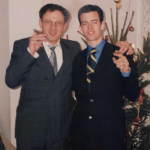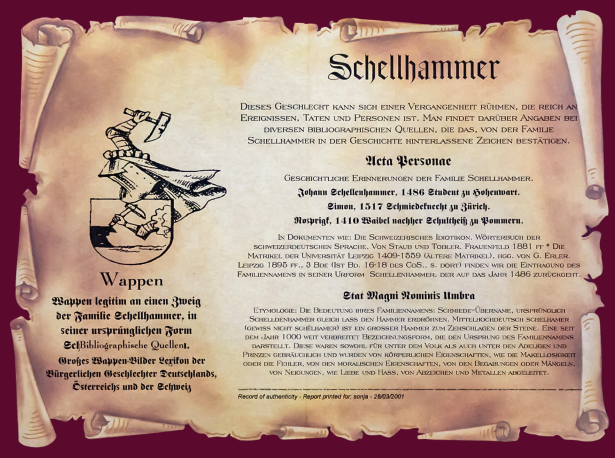Dr Eduard Schellhammer’s life
A lo largo de su carrera, Schellhammer ha mantenido su compromiso con la innovación educativa, la resolución de los retos sociales y la mejora del futuro de los niños en situación de riesgo a través de su investigación y docencia.
El extraordinario viaje del Dr. Eduard Schellhammer comenzó en Lucerna (Suiza), donde nació el 14 de noviembre de 1947. Sus primeros años estuvieron marcados por una insaciable sed de conocimientos y aventuras.
At 16, he escaped to France to study at the Alliance Française in Paris and his travels continued across the globe, including the U.S., Mexico, and throughout Europe. By 1970, he had begun his studies at the University of Freiburg, graduating in Educational Science, Anthropology Psychology, and Computer Science.
In 1979, Dr. Schellhammer opened his own psychological consulting practice in Zurich, where he introduced innovative techniques and in 1982 he founded Life School; a centre for adult education. He also launched Kairos Studien Verlag AG; a company specializing in teaching and learning materials for adult education.
By the late 1980s, Dr. Schellhammer was not only a thought leader among intellectual elites but also a bestseller; publishing extensively on topics like individuation, social issues, and human development.
Driven by recurring dreams, Dr. Schellhammer and his family sought a new direction by moving to Spain in 1992. Here, Dr Schellhammer founded REATON CENTER; a consultancy and school for psychology and philosophy in Marbella. His work continued to evolve and in 2009 he founded the Schellhammer Business School, which boasts British accreditation and students from over 120 nationalities.
Today, Dr. Schellhammer is spearheading an ambitious new initiative; the Leadership Program at the Schellhammer Institute. With a curriculum that emphasizes inner renewal, external impact, and a vision for a new humanity, this program is designed to instill profound personal transformation and cultivate the kind of leaders the world needs for a sustainable future.
























El legado de Schellhammer
Today, Dr Eduard Schellhammer’s son, Gregor Schellhammer, ejecuta el Escuela de Negocios Schellhammer, allowing Dr. Eduard to focus entirely on his work at the Schellhammer Institute, where he is developing new educational initiatives aimed at global transformation.

